At All Temp Heating & Cooling, we understand the unique demands of South Bend’s changing seasons. Whether you’re facing icy winters or sweltering summers, we offer solutions that ensure your home remains comfortable year-round.
Talk to Our TeamTemp Heating & Cooling offers expert HVAC services in South Bend, including AC, heat pumps, furnaces, and indoor air quality solutions. From installation to maintenance, we keep your home comfortable year-round.
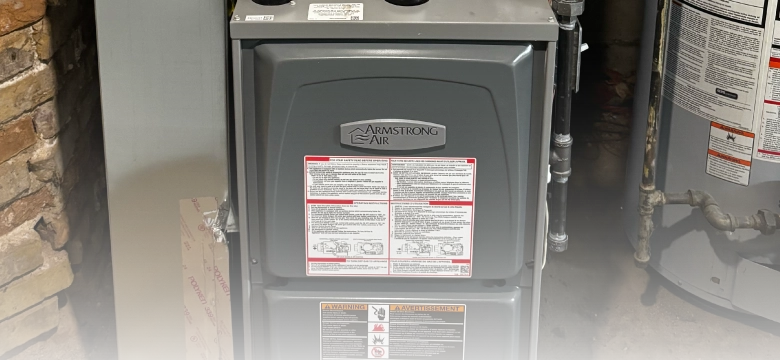
Stay warm during South Bend’s frigid winters with dependable furnace and boiler services from All Temp Heating & Cooling. We offer comprehensive installation, repair, and maintenance for both types of heating systems, ensuring your home stays cozy no matter how low the temperature drops.
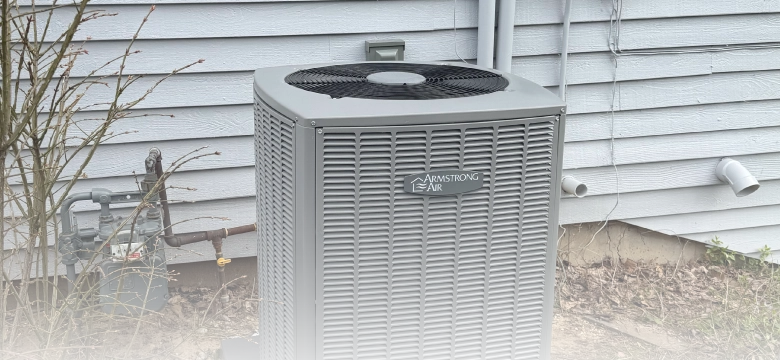
When it comes to keeping your home cool during South Bend’s humid summers, you need a dependable central air conditioning system. All Temp Heating & Cooling offers comprehensive central AC installation, repair, and maintenance services to ensure your system performs at its peak.
Our team is experienced in working with leading brands, offering high-efficiency solutions that not only cool your home but also save on energy costs. Whether you’re installing a new system or need a quick tune-up, we’re here to help.

Your indoor air quality plays a significant role in your family’s health and comfort. At All Temp Heating & Cooling, we offer a range of solutions to improve air quality, including air filtration systems, humidifiers, dehumidifiers, and REME Halo LED systems. Our advanced products and services help eliminate pollutants, control humidity, and create a healthier living environment.
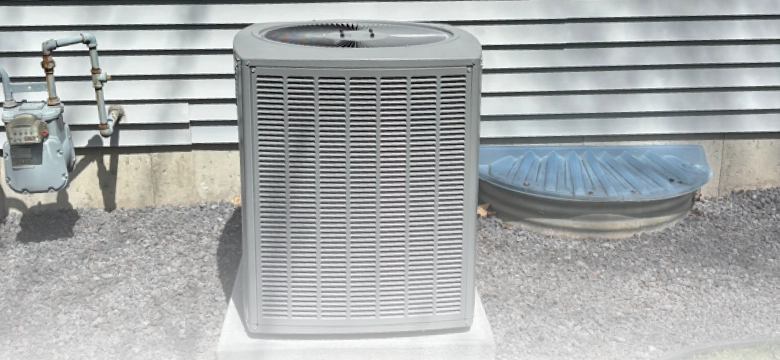
Heat pumps offer an energy-efficient way to heat and cool your home, making them an excellent option for South Bend homeowners. All Temp Heating & Cooling specializes in heat pump installation, repair, and maintenance to ensure your system operates smoothly year-round.
Our team has extensive experience with heat pumps, ensuring your home stays warm in winter and cool in summer without excessive energy bills.
Since 2003, All Temp Heating & Cooling has been South Bend’s go-to choice for reliable, high-quality HVAC services. With over 31 years of combined experience, our team specializes in residential heating and cooling solutions tailored to the needs of homeowners in South Bend and the surrounding area. As a BBB-accredited company and trusted provider of top brands like Armstrong Air, Mitsubishi, Honeywell, and Aprilaire, we’re committed to delivering exceptional results and unmatched customer satisfaction.
Established in 2003, we’ve built a reputation for excellence in South Bend and beyond.
We partner with Armstrong Air, Mitsubishi, Honeywell, and Aprilaire for the best equipment.
Your comfort and satisfaction are our top priorities.
We make it easy to invest in your home’s HVAC system.
Preventative care to keep your systems running efficiently.



At All Temp Heating & Cooling, we know that upgrading or repairing your HVAC system can be a significant investment. That’s why we’ve partnered with flexible financing partners to help you manage your budget while ensuring your home remains comfortable year-round. Contact us today to learn more about our financing solutions and find the plan that works best for you!

Service Finance offers flexible payment plans with competitive rates, fast approvals, and affordable monthly payments for your HVAC needs.

FTL Finance provides hassle-free HVAC financing with quick approvals and budget-friendly payment options for repairs or upgrades.
Protect your HVAC investment with preventative maintenance plans from All Temp Heating & Cooling. Regular maintenance not only extends the lifespan of your equipment but also helps reduce energy bills and avoid unexpected breakdowns.
Don’t wait until your system breaks down. Contact All Temp Heating & Cooling to enroll in a maintenance plan and enjoy worry-free comfort all year long.
At All Temp Heating & Cooling we’re dedicated to helping our customers save more on the services that matter most to them.

At All Temp Heating & Cooling, we help homeowners in South Bend, Granger, Mishawaka, Osceola, Bremen, and Lakeville, IN, find and maximize rebates for energy-efficient HVAC upgrades. From high-efficiency furnaces and air conditioners to heat pumps and smart thermostats, we’ll guide you through available incentives to lower your upfront costs and boost energy savings. Contact us today to learn how you can save on your next HVAC installation!
Contact Us to Learn More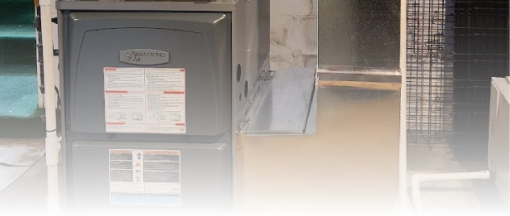
Enjoy a $69 tune-up for your AC (Spring) or Furnace (Fall).
Cannot be combined with any other offer.
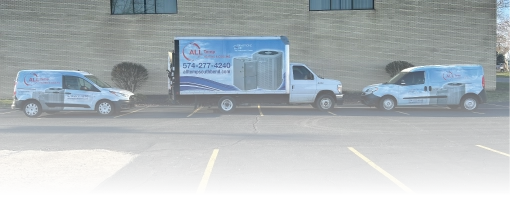
Enjoy $25 off your next service call.
Cannot be combined with any other offer.
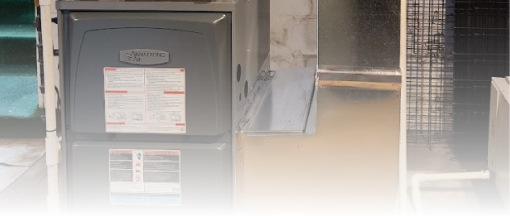
Take $200 off the installation of new equipment.
Cannot be combined with any other offer.
Experience the difference of working with a trusted HVAC provider. From expert installations to reliable repairs, All Temp Heating & Cooling is dedicated to keeping your South Bend home comfortable year-round. Call us today to schedule a service or learn more about our financing options and maintenance plans.
Our team at All Temp Heating & Cooling is proud to serve our communities in and around South Bend, IN. Our service area includes:
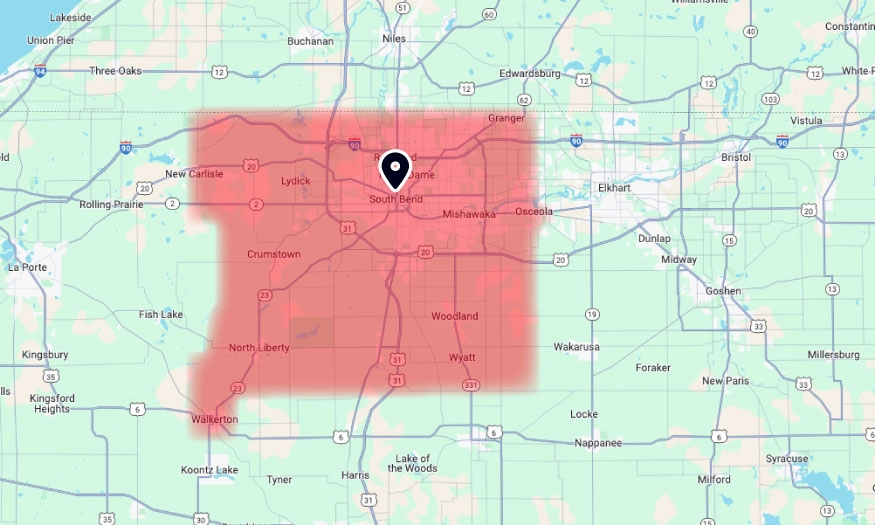


We offer a full range of residential HVAC services tailored to meet your needs. These include the installation, repair, and maintenance of central air conditioning systems, heat pumps, furnaces, and boilers. Additionally, we provide indoor air quality solutions, including air filtration systems, REME Halo LED systems, humidifiers, and dehumidifiers. No matter your HVAC challenge, our team has the expertise to handle it.
Yes! We understand that HVAC upgrades can be a significant investment, so we provide flexible financing options to help South Bend homeowners afford energy-efficient systems. Contact us to explore the available financing plans and find a solution that fits your budget.
Routine maintenance is crucial for extending the lifespan of your equipment, improving its energy efficiency, and preventing unexpected breakdowns. Maintenance also ensures that your systems are operating safely and effectively. With our maintenance plans, you’ll receive priority scheduling, system inspections, and discounts on repairs, saving you time and money in the long run.
For optimal performance, most HVAC filters should be replaced every 1-3 months. However, this can vary depending on factors like your system’s usage, whether you have pets, and your indoor air quality needs. We can help you establish a replacement schedule during routine maintenance visits.
Improving indoor air quality starts with reducing pollutants and managing humidity. We offer advanced solutions such as air cleaners, REME Halo LED systems, and humidifiers or dehumidifiers to create a healthier, more comfortable environment. These systems effectively remove allergens, bacteria, and mold, ensuring clean air for your family.
Common signs include inconsistent heating, unusual noises like banging or whistling, unpleasant odors, and a sudden spike in your energy bills. If you notice any of these issues, don’t hesitate to contact us for a professional diagnostic and repair service.
Absolutely! Heat pumps are designed to provide energy-efficient heating and cooling, making them a cost-effective alternative to traditional HVAC systems. By reducing energy consumption, a heat pump can significantly lower your utility bills while keeping your home comfortable year-round.
The REME Halo LED is a cutting-edge air purification system that eliminates airborne pollutants, bacteria, mold, and viruses. It uses UV light and ionized hydro-peroxide technology to clean the air circulating in your home. This system is ideal for families looking to enhance their indoor air quality and overall health.
Scheduling an appointment is simple! Call our office or use our online contact form to request service. Our team will work with you to find a convenient time for installation, repair, or maintenance.
Your home’s comfort starts with reliable HVAC systems, and All Temp Heating & Cooling is here to ensure you stay cozy all year long. From expertly installing energy-efficient systems to providing fast, dependable repairs, we’re committed to helping South Bend homeowners create the perfect indoor environment.
When you choose All Temp Heating & Cooling, you’re partnering with a team of experienced professionals who prioritize your needs. We offer customized solutions designed to meet your unique requirements, whether you need a new central AC, a heat pump, or advanced indoor air quality equipment. Plus, our preventative maintenance plans ensure your systems stay efficient and reliable, saving you money and hassle over time.
We make HVAC investments easy with flexible financing options and partnerships with trusted brands like Armstrong Air, Mitsubishi, and Aprilaire. Our goal is to provide exceptional service that fits your budget and exceeds your expectations.
Don’t wait to experience the benefits of working with South Bend’s trusted HVAC provider. Whether you’re battling a broken furnace in winter or looking to improve your home’s air quality, All Temp Heating & Cooling is ready to help.
Call us today or fill out our online contact form to schedule your service. Let’s make your home the comfortable, energy-efficient haven you deserve. Your comfort is our mission, and we’re excited to serve you!



